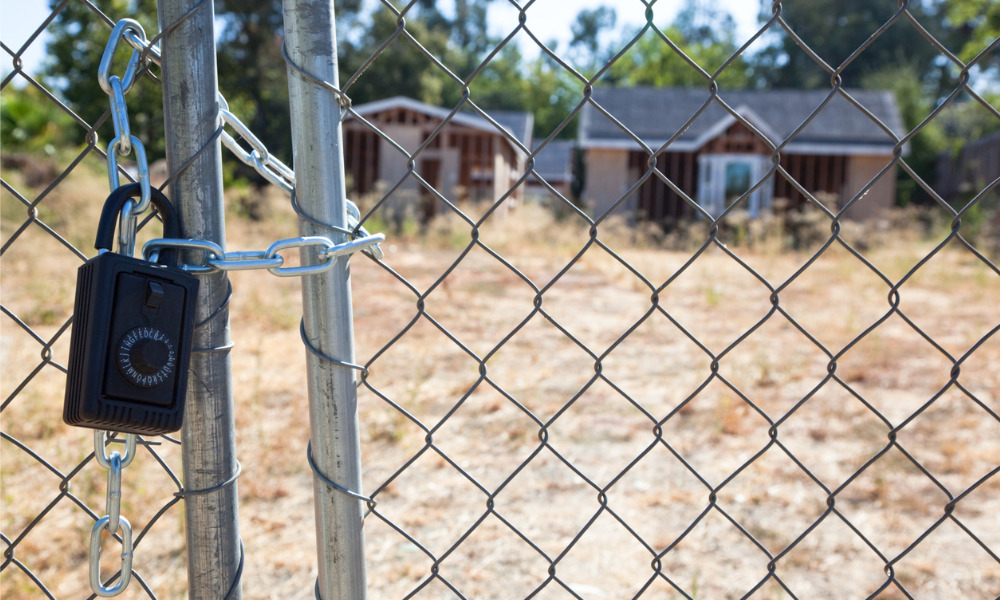Study dissects impact on credit scores, borrowing, and homeownership

A new study by the Federal Reserve Bank of New York reveals the lasting financial consequences of foreclosure for millions of Americans.
Even after the seven-year foreclosure notation is removed from credit reports, borrowers continue to face lower credit scores, reduced homeownership rates, and altered borrowing patterns, according to the NY Fed research.
The study examined the experiences of individuals who faced foreclosure during the Great Recession, particularly in 2008. These borrowers, often younger and from lower-income areas, faced significant challenges in rebuilding their credit and financial stability.
Foreclosures hit record levels during the Great Recession, with 4.8 million consumers with a foreclosure note on their credit report by 2011.
By 2023, nine years after their seven-year foreclosure flags expired, the 2008 foreclosure group still had dramatically lower homeownership rates than similar borrowers who avoided foreclosure.
“These consequences are long-term, especially for new entrants to homeownership, resembling the long-term scarring effects on earnings and employment for young workers who first enter the labor market during recessions,” the NY Fed researchers wrote in an article.
The data shows foreclosed borrowers - disproportionately younger and from lower-income areas - struggled to regain their financial footing. They were far less likely to have mortgages, home equity lines or credit cards years later, though their auto loan usage was higher.
“Not all individuals who had a foreclosure were mortgage borrowers; this is because they may have been listed as joint borrowers on the deed but not on the loan or because the homeowner may have been foreclosed on for reasons other than mortgage non-payment, such as a lien or tax judgment,” the report stated.
The Fed researchers compared the sluggish household recovery from the foreclosure crisis to the relative bounce-back after the pandemic, when “unprecedented supports to households and borrowers” helped reduce delinquencies and foreclosures.
“The prolonged path to recovery from the foreclosure crisis during the Great Recession versus the pandemic bounce-back could be a consideration for policymakers in addressing similar events in the future,” they wrote.
Read next: Encouraging American homebuyers to ‘go local’
Donna Schmidt, managing director of DLS Servicing, said borrower budget counseling and credit education are key to solving this problem.
“While many state housing finance agencies require such education for first-time home buyers that they serve, all should require financial education,” Schmidt said. “Early education about budgeting, loss mitigation support and credit impact would help many borrowers recover more quickly or avoid a foreclosure altogether.”
Stay updated with the freshest mortgage news. Get exclusive interviews, breaking news, and industry events in your inbox, and always be the first to know by subscribing to our FREE daily newsletter.



